Elephants vs People | The inevitable matchup
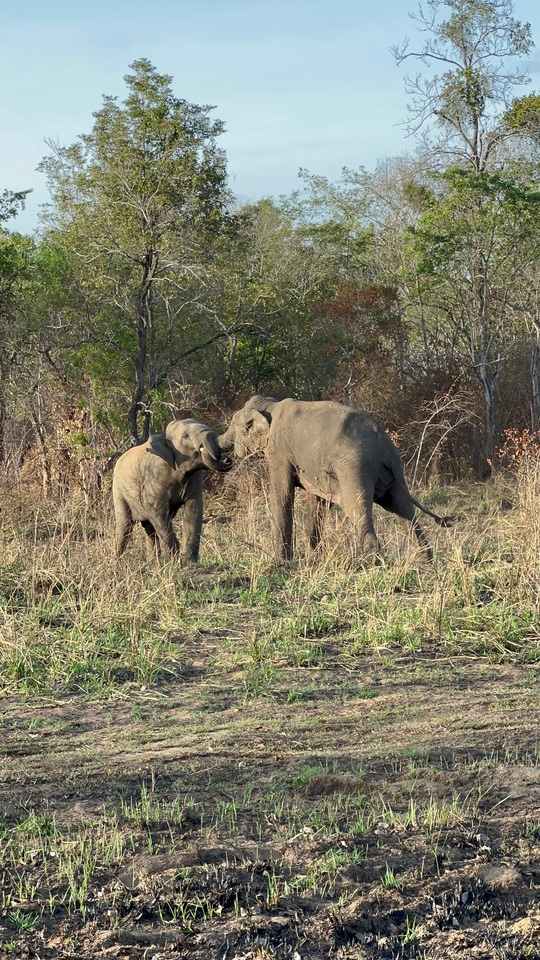
As a country strives for progress, rapid growth and expansion is often prioritised at the expense of other less eye-catching metrics and concerns. This same oversight has befallen onto Sri Lanka's wildlife, the delicate balance of human-elephant coexistence constantly faces mounting threats. With climbing death rates on both sides over the last few years, it has unfortunately earned them the dubious ranking of being the leading country in human-elephant conflicts.
The Sri Lanka Wildlife Conservation Society (SLWCS) has been at the forefront of tackling these big environmental issues for the last 3 decades. Founded in 1995, their novel approach immediately developed a new paradigm for wildlife conservation in Sri Lanka. Where others provide stop-gap measures to mitigate persistent issues, SLWCS recognised the importance of engaging the local community to achieve sustainable conservation. Most of the current conflicts are amplified by systemic socioeconomic causes that drive rural communities to disregard and negatively impact their environment. Through this core philosophy of having a participatory approach, they incorporate a bottom-top perspective when rolling out any grassroots initiatives, striving to achieve a mutual benefit and in return, an increased willingness to assume responsibility among local stakeholders.
The field team based in Wasgamuwa National Park exemplifies this community driven approach, melding both regional and local expertise. Daily research data collection activities are spearheaded by external field biologists working in tandem with field assistants hired from surrounding local villages. This working arrangement allows for any initiative to benefit from both proper scientific knowledge coupled with a strong practical understanding of the land and people. I can't stress the number of times their personal relationships with the other villagers/surrounding community helped to warm up initially guarded responses and facilitate genuine cooperation.
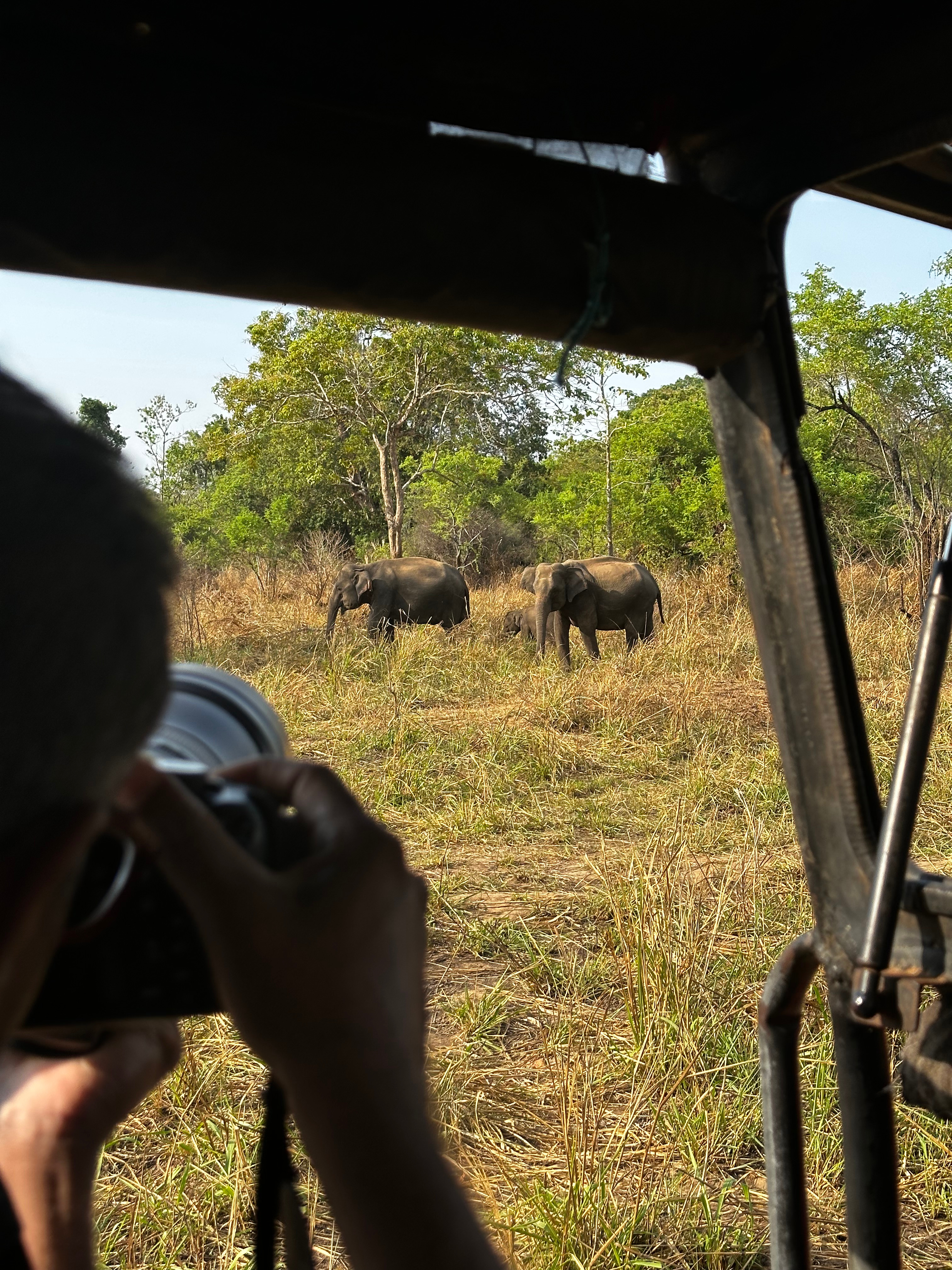
My personal volunteering follows a pretty standard structure. Our daily routine starts around 9am, with the morning activity being a rotation of one of their ongoing projects. Ranging from elephant specific work like elephant dung study and human-elephant conflict surveys to more general biodiversity like butterfly surveys and bird nesting study. The day then rounds off with an evening elephant observation where we record their foraging behaviour, herd composition etc. Once a week, there will also be a National Park safari-style study which gives us a better chance of spotting large elephant herds and other native wildlife. Weekends are free and easy, I often used them to explore new cities and towns around the country. Being both a tourist and also going off the beaten path to get the most complete Lanka experience.
Before starting, I've faced much uncertainty and doubts about pursuing this project as my LiA. Coming from a humanities/law background, there was the lingering concern of not being able to support and contribute in a meaningful way. Furthermore being a self-led LiA, there was definitely the worry of having to be fully self-reliant every step of the way with no other volunteers to troubleshoot with. While there are support systems provided by the foundation and university (very thankful for), these are still ultimately all based in a different country. However these were all warmly welcomed obstacles, after all it can't be a proper adventure without a few mishaps and unpredictable challenges.
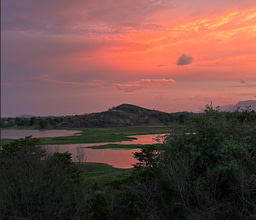
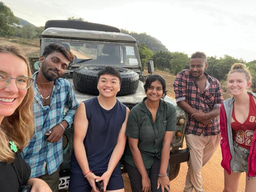
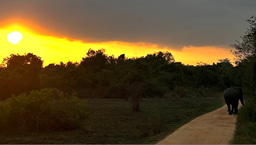


Please sign in
If you are a registered user on Laidlaw Scholars Network, please sign in